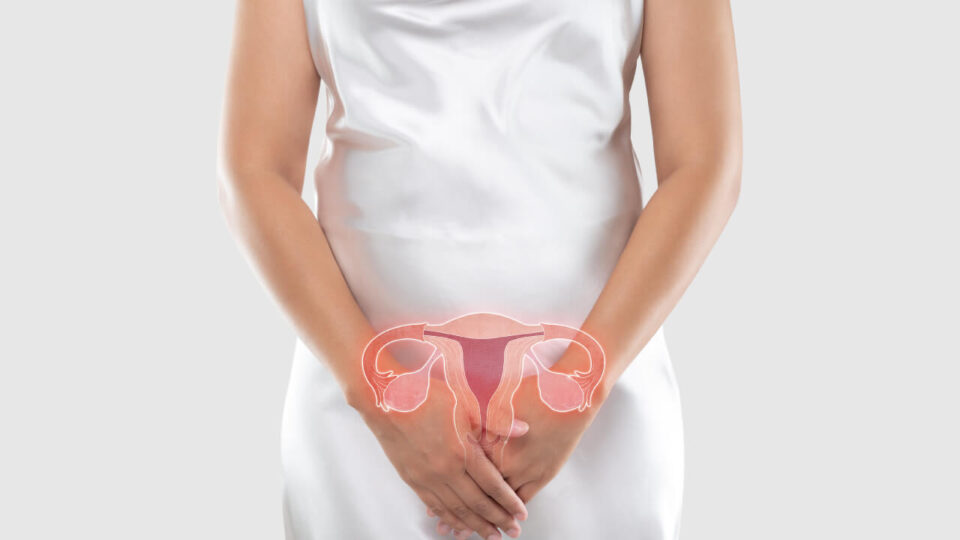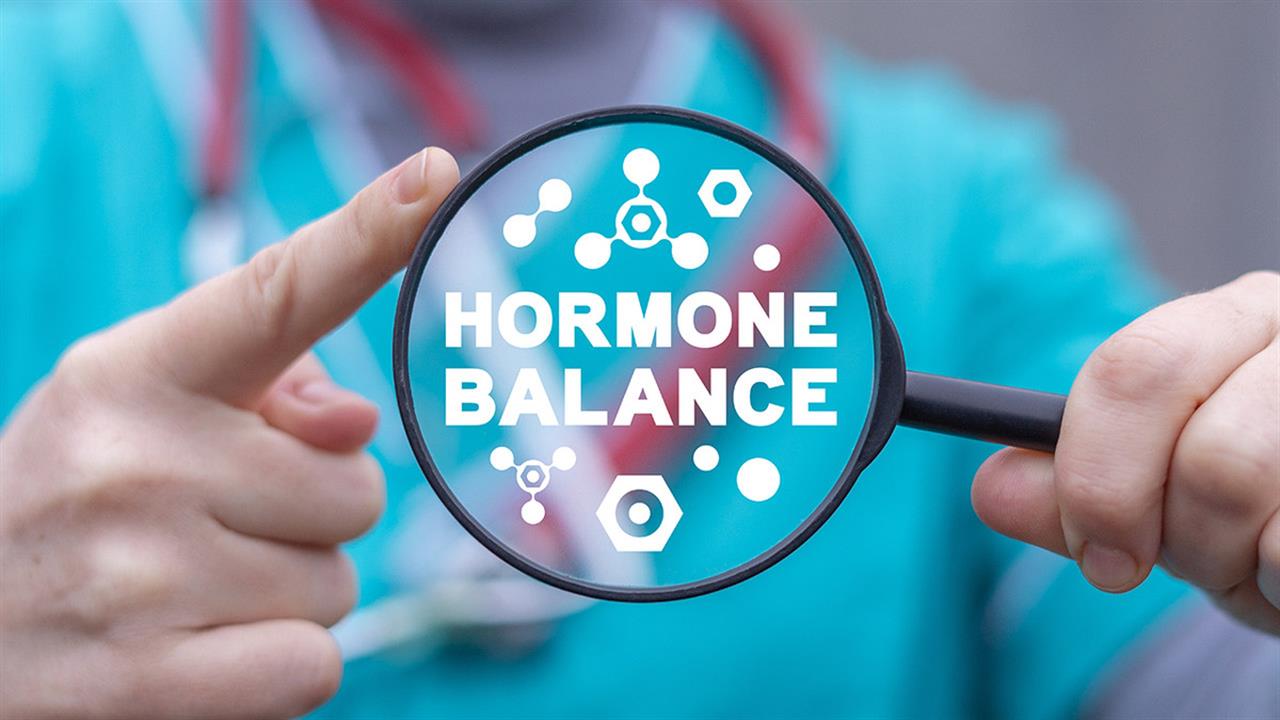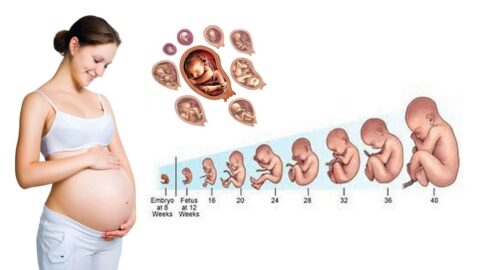Hormonal activity is of great importance in every woman’s body. Basically, they control all aspects related to metabolism, mood, sleep and reproduction. Apart from this, the energy level will also be affected. When hormones change even a little or are in balance, the effects can be very noticeable on a person’s everyday life.
Hormonal imbalance is very common, although many are not aware of it. It can happen at any time in a woman’s life due to stress, poor diet, aging or medical conditions. Recognizing symptoms early will help you get appropriate treatment and restore your health.
So here are 9 common symptoms of hormonal imbalance that each woman should know about:
Irregular Periods
Usually, a normal menstrual cycle can be expected to occur every 21-35 days. However, if your periods are irregular, that is, they arrive too soon, too late, or you have skipped them altogether. It may be a sign that there is a problem with your hormones. Furthermore, hormonal imbalances and especially changes in estrogen and progesterone are often the reason for this. They are usually associated with conditions such as PCOS (polycystic ovarian syndrome) or thyroid problems.

Unexplained Weight Changes
If you are going up or losing weight without changing your diet, hormones may be the reason. Metabolic processes largely depend on thyroid hormones, insulin and cortisol. Their imbalance can lead to reduced fat burning or increased appetite, making it more difficult to maintain within the desired zone.
Fatigue and Low Energy
Feeling constantly tired, even if you think you’ve got enough sleep, can mean your hormones are unbalanced. Feeling overwhelmed by fatigue and lack of driving force are the possible effects of low thyroid hormone, cortisol or estrogen level. Chronic fatigue can also be associated with adrenal fatigue caused by chronic stress.
Mood Changes and Anxiety
Sudden mood changes, irritability or even anxiety are some of the effects that may be caused by hormone fluctuations – especially estrogen, progesterone and cortisol. Many women go through these emotional ups and downs before menstruation, during pregnancy or during menopause.
Sleep Problems
Having trouble either falling asleep or getting a good night’s sleep can be due to low progesterone or melatonin levels. Hormonal changes during the transition to menopause or menopause can lead to sweating at night and an inability to sleep, thus interrupting the body’s rejuvenating sleep cycle.
Skin and Hair Changes
Hormones play a significant role in determining your skin and hair condition. The imbalance can lead to acne, flaking skin, or oily areas. Androgen excess, such as in PCOS, can be the reason for thinning, hair loss, or even the growth of facial hair that is considered excessive.

Low Libido
A drop in sexual desire can be attributed to the decreased levels of estrogen, progesterone, or testosterone. One can say that these shifts in hormones are often the case after giving birth and at the time of menopause, yet they can happen at any age because of stress or as a side effect of medication.
Digestive Problems
There is a near connection between digestive fitness and the hormones. Changes in estrogen levels can have an effect on the digestive manner, ensuing in a mixture of signs inclusive of bloating, constipation, or diarrhea. For many ladies, the menstrual cycle is when they experience hormonal fluctuations and, as a result, digestive pain.
Hot Flashes and Night Sweats
These signs are typical signs of menopause. Estrogen production inside the body decreases, it leads to an incapability to handle heat, subsequently unexpected heat waves or sweat at night.
When Must You Consult a Physician?
If you experience numerous of those signs for weeks or months, seeking advice from a gynecologist or endocrinologist is miles important. Doctors can inform which hormones are not within the right quantity. Treatment techniques may encompass a mixture of fashion adjustments, stress management, medication, or hormone therapy.
Conclution
Maintaining hormonal stability is crucial for a woman’s physical and emotional fitness. If the early warning signs are diagnosed, suitable measures may be carried out and standard well-being can be improved.
A healthy diet, regular bodily activity, good sleep, and stress management can help women’s hormonal health and feel right in any life stage.















